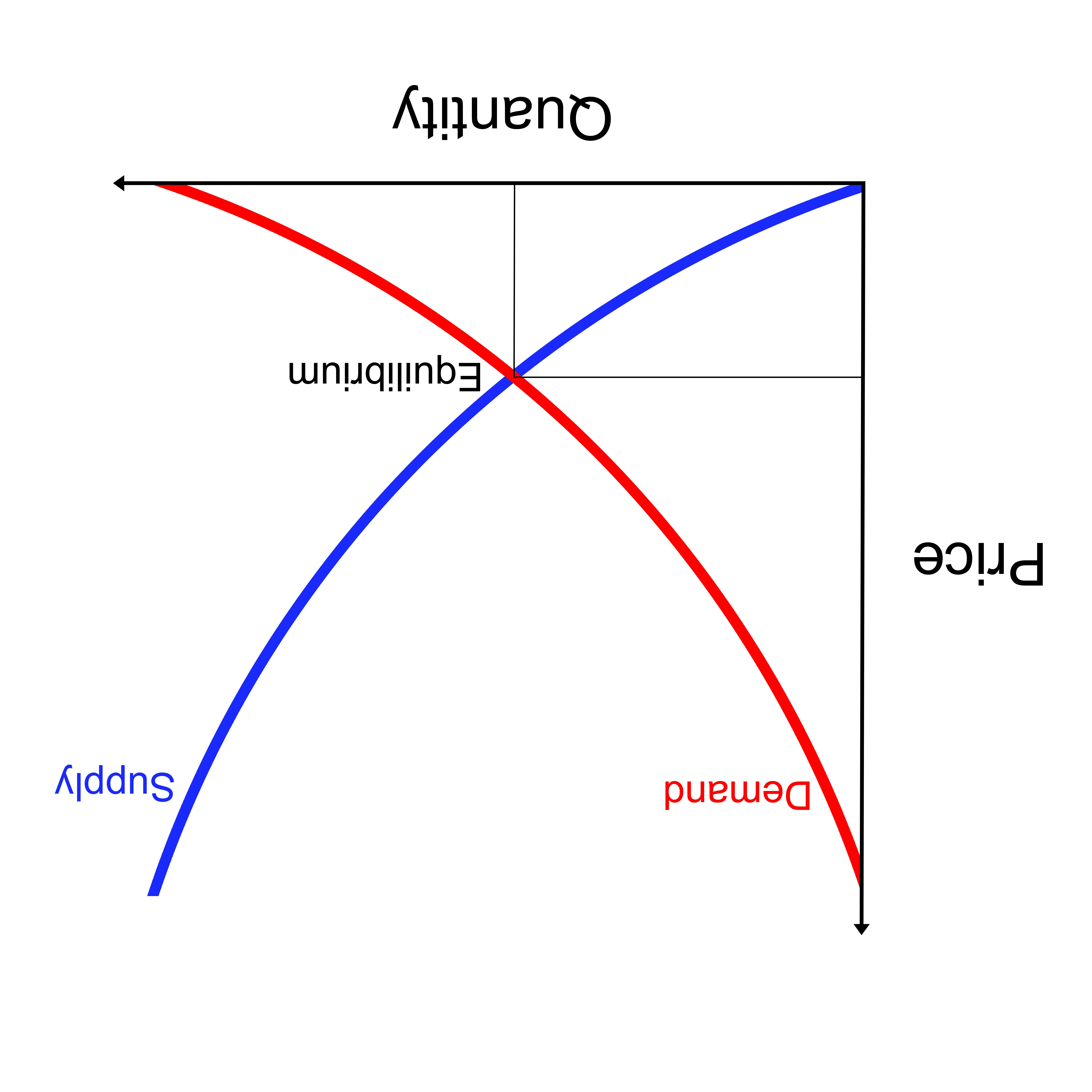Antitrust in 60 Seconds: Statutory Antitrust Exemptions and Immunities
The 60-Second Read:
Both Congress and the courts have created certain antitrust exemptions and immunities that prevent antitrust enforcement of certain industries and activities. Examples of immunities enacted by Congress include the insurance business and international shipping conferences. Examples of court-created immunities are the state action doctrine and the Noerr-Pennington doctrine. These immunities were created for a variety of reasons. However, today there is broad and bipartisan consensus that these exemptions and immunities are disfavored and should be narrowed or eliminated where possible. This includes commentary from the Antitrust Modernization Commission under George W. Bush, the American Bar Association, last year’s Antitrust Division roundtable, and work by the American Antitrust Institute.
Antitrust exemptions and immunities were recently described by the DOJ as “vestiges of earlier antitrust enforcement policies that were deemed to be insufficiently sensitive to the benefits of certain types of conduct” or “characterized as special interest legislation that sacrifices general consumer welfare for the benefit of a particular group or industry.” This language echoes the findings of the Antitrust Modernization Committee (AMC), formed by a 2002 statute to examine whether antitrust laws needed to be modernized. The AMC identified 30 statutory immunities from antitrust laws, and strongly encouraged their review. The AMC was “skeptical about the value and basis for many, if not most or all, of these immunities.”
Exemptions and immunities are different than safe harbors and safety zones that have been created through joint statements by the FTC and DOJ. These joint statements describe certain behavior that, when engaged in as described, will not be pursued by the agencies because they believe the activity is procompetitive. There are also joint statements that set out certain thresholds below which the agencies will believe activity is not a risk of being anticompetitive. These statements are part of efforts by the agencies to be transparent in their enforcement priorities and to not discourage behavior that is generally beneficial. They are also subject to change based on market realities. An example of a safety zone is found in the Antitrust Guidelines for Collaborations Among Competitors.
Exemptions and immunities enacted by Congress
Congress, as the drafter of the antitrust laws, has the authority to grant exemptions and immunities from the antitrust laws by statute. One of the most commonly discussed immunities enacted by Congress is the immunity that the insurance industry received under the 1945 McCarran-Ferguson Act (MFA). MFA was enacted to grant the states the ability to regulate insurance, following a Supreme Court case that stated that insurance was interstate commerce. A clause of MFA exempted insurance from antitrust laws if it met three prongs: (1) it constitutes “the business of insurance,” (2) to the extent that such conduct is “regulated by State Law,” provided that (3) it does not amount to an “agreement to boycott, coerce, or intimidate, or act of boycott, coercion, or intimidation.”
There were two premises for this immunity: First, was the fear that state law regulation of insurance markets would be preempted by federal antitrust laws without an exemption. The insurance business has been historically regulated by the states, but MFA was responding to a Supreme Court decision that held the insurance business was within Congress’ commerce power. Congress wanted to keep insurance oversight at the state level. Second, there was a fear that antitrust law would discourage beneficial cooperative behavior, including information sharing designed to improve the functioning of insurance.
These premises are no longer relevant for two reasons. First, the state action doctrine was only in its infancy at the time MFA was drafted. Today, the states can create their own narrow antitrust immunity under modern interpretation of the state action doctrine. A state law immunizes conduct if it contains a clearly articulated and affirmatively expressed intention to displace competition, coupled with active state oversight. Second, the law’s treatment of beneficial cooperation among competitors has become “much more flexible, favorable, and predictable.” Indeed, the FTC and DOJ issued a joint statement to help companies engage in beneficial cooperative behavior without violating antitrust laws.
The AMC looked into antitrust immunities generally and spent some time with the MFA specifically. As part of this examination, the AMC received comments from the American Bar Association explicitly advocating for the repeal of MFA and replacement with legislation containing a limited number of safe harbors. Alden Abbott, who was with the FTC’s Office of Policy Planning at the time (now General Counsel of the FTC), submitted comments that urged the AMC to address the question of whether antitrust exemptions continue to make sense. The AMC concluded that statutory immunity from the antitrust laws should be disfavored. The AMC also stated that the insurance industry did not come close to meeting the standard of proof they believed necessary to justify the need for an immunity. The AMC was so skeptical of statutory immunities that it believed its efforts “would have better served the country” by conducting a more intensive review of antitrust exemptions.
The DOJ has also expressed opinions that the antitrust exemption contained in MFA should be narrowed or removed. In the Obama Administration, DOJ Antitrust Division head Christine Varney advocated for exemptions and immunities to be minimized and specifically for MFA to be repealed. In the current Administration, DOJ Antitrust Division head Makan Delrahim conducted a roundtable on antitrust immunities and exemptions. There was broad bipartisan consensus among the panelists that antitrust immunities and exemptions “should be disfavored, and granted rarely, in narrow cases, following close study and analysis” as stated by Lina Khan, then representing Open Markets Institute. Khan went on to say that “[i]n many instances, exemptions serve concentrated private interests, at the expense of the public interest, which generally, we believe, is best protected through robust competition. The fact that exemptions have concentrated private benefits and diffused public costs means that they are very sticky, and very difficult to repeal.”
Congress has also made efforts towards narrowing or repealing MFA. The AMC’s examination of MFA and a few other specific antitrust exemptions was motivated in large part by Congress examining whether to modify these statutes. In 2017, legislation was introduced to narrow MFA to remove health insurance from the antitrust exemption. Similar legislation was introduced in this Congress (Senate, House).
MFA is a good example of how an immunity becomes law and then remains law.








